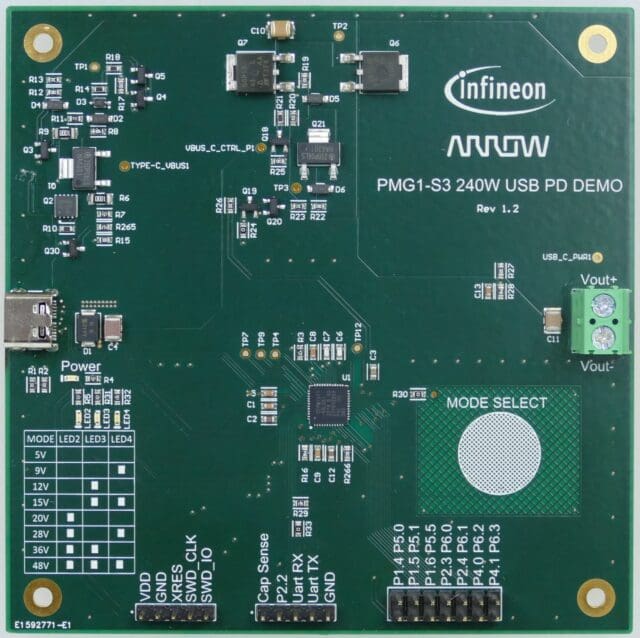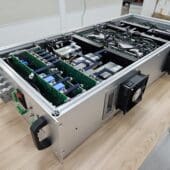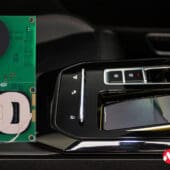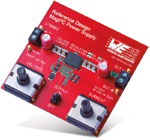The new reference design supports up to 48V@5A in Power Delivery Object sink mode, which is the highest level achievable with the latest USB Power Delivery standards.
Arrow Electronics and Infineon Technologies AG have introduced the 3.1W USB Power Delivery (PD) 240 reference design board to support customer projects requiring high power capabilities. The new design shows the USB PD 3.1 Extended Power Range (EPR) software and the example of a schematic implementation that allows achieving a power sink of up to 240 W from a single USB source.
Reference design further expands existing power dissipation capabilities from 140 W to 240 W on the EZ-PD high voltage microcontroller familyTM PMG1 from Infineon, which is important in fast charging and high energy demand applications such as: light electric vehicles (eBikes, eScooters and personal mobility devices), drones and mobile robots, professional audiovisual equipment, power tools, medical equipment, home appliances , home entertainment devices, etc.
This 240W dissipation REF_ARIF3WS240 reference design board complements Infineon's recently released USB PD3.1 Source REF_XDPS2222_240W1 evaluation board. This allows design engineers to be among the first to market with the complete 3.1W USB PD240 Source-Sink solution.
Both reference designs are available upon request. In addition to technical support, Arrow offers a number of technical support services, such as schematic customization and printed circuit board modifications, that help maximize the potential of customers' designs and reduce time to market.
Arrow will present the new reference design at Embedded World 2024, April 9-11, 2024 (hall/booth 4A-342).
Arrow Electronics and its engineering services company eInfochips help customers develop high power solutions with both Arrow's engineering solutions center and the newly created High Power Center of Excellence (CoE) in Swindon, UK United.








